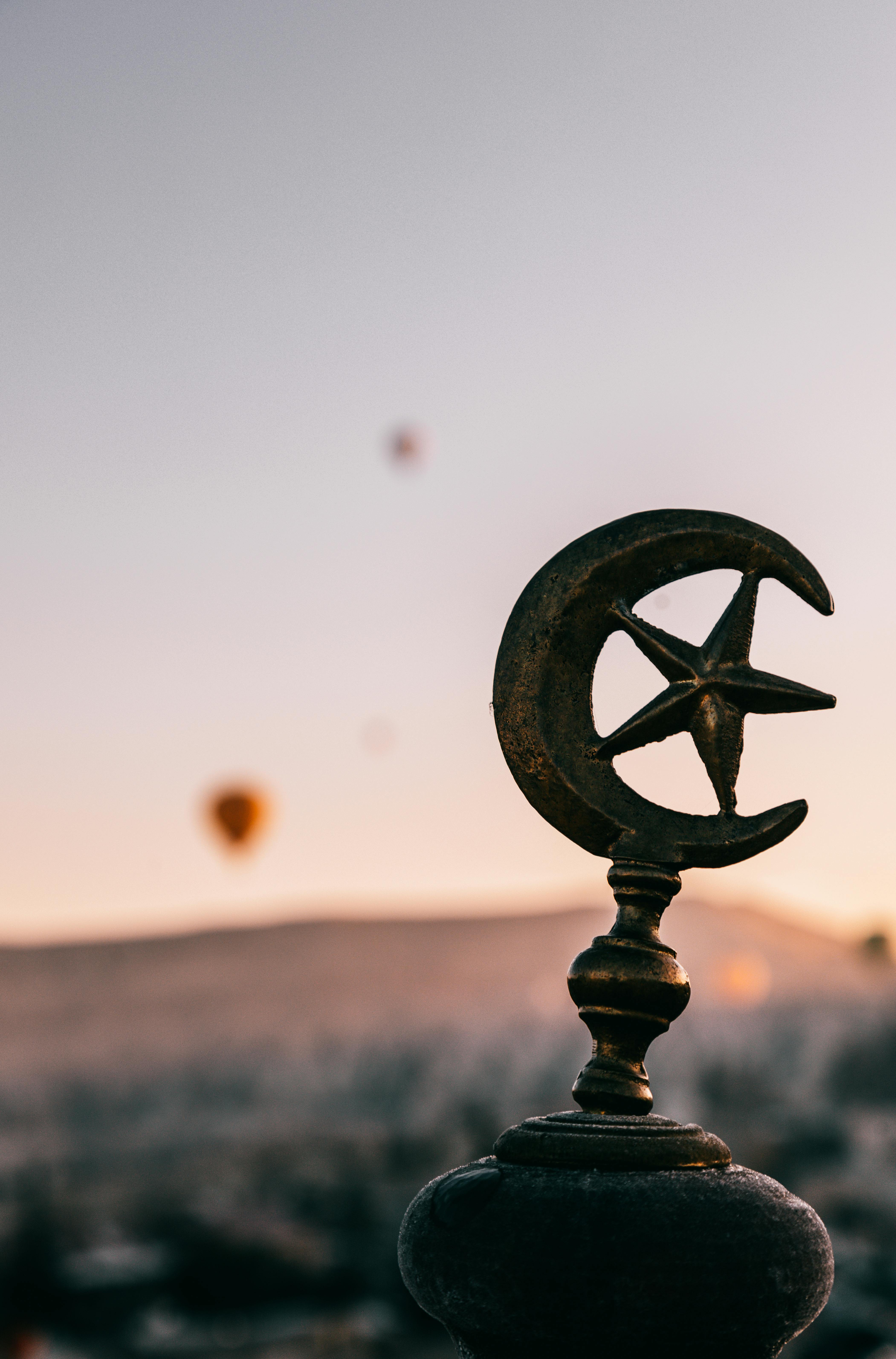Following the controversial death of Mahsa Amini in Iran for incorrectly wearing the hijab, Muslim women in Liverpool have spoken out about what it means to them.
Islamic coverings worn by Muslim women come in many forms such as the hijab and burka. These coverings been a controversial with France coming to the forefront of the news for banning some forms in 2011, but it was the recent death of Amini.

Amini was arrested for failing to wear her hijab in public and multiple sources allege that the 22-year-old died because of police brutality, whilst the government maintains that she died of a heart attack.
So what does the hijab mean to Muslim women? Iman Hasan and Aya Nossir, Sisters of Liverpool John Moores University’s Islamic Society, spoke to MerseyNewsLive about the importance of the hijab to them personally and in their religion.
In Islam, the Qur’an teaches that Muslims should practice modesty, Sister Iman explained, and that modesty can be shown through the hijab. She said that the reason for Muslims to wear a hijab is to practice on devotion to God and that coverings are a symbol of their belief.
The hijab expresses this commitment and faith, that the hijab can even act as a representation of themselves as people. Sister Iman mentioned that whilst God considers every person to be beautiful, the hijab also removes too much focus on appearances.
Sister Aya echoed this, adding that the hijab has enabled her to feel more confident as people cannot see her body, therefore it protects her from being judged by others, a feature which she considers to be “beautiful”.
There are many misconceptions from those who may not be familiar or knowledgeable on Islamic practices, one such example is of the idea that the hijab is forced or pressured on to Muslim girls by their parents. Both Sisters said that this isn’t the case.
Sister Aya spoke about how important her mother was in teaching her of what the hijab is and its significance in Islam. She re-affirmed that the decision to wear it and to adopt the hijab was one she made from her own free will and that her mother assured her that if she did not want to wear it, she could take it off.

Sister Iman echoed this sentiment, adding that she was made aware of the commitment of the hijab from a young age and the reasons why Muslim women are expected to wear it but that the choice to commit to it was one for her to make herself.
She added that understanding why she wears her headscarf makes her more protective and caring towards it and how it helps her as not just a Muslim but also as a human being.
Despite the good intentions of the faith and the hijab, both of these young women have experienced discrimination in Liverpool because of their religion and that the three incidents happened when the pair were just going about their days.
Sister Iman talked about an instance of discrimination being directed at her as recently as only last year.
“I was walking, and it was like a group of drunk guys, but I felt cornered because there was a group of them and this guy started pointing fingers at me and I took me headphones out and he was like, ‘People like you are the problem in this world’.
“It threw me off guard because I would never have expected it, and I remember just crying because I live in a very diverse area in Liverpool.
“I live in Toxeth so there’s many Muslim people and a big Yemeni community, so I don’t face the discrimination in the safety of my home because I’m around those people but when I leave that area, I get scared.”
Sister Aya said that whilst she feels “kind of” safe in Liverpool, she has only been in Liverpool for a matter of weeks yet has already experienced discrimination against her. Although uncertain whether it qualifies as discrimination, she said:
“There is this guy in the street and I was walking towards him, just walking in the street – a random person and he was on his phone but when he looked up and he saw me, he just freaked out as if he was scared of me.
“Me, myself, I was scared, and he started yelling but I couldn’t understand what he said because I’m new to the accent and he just started crossing the street and cars were coming by and he kept looking back at me like, ‘Is she following me?’.”

The Sisters believe that in order to make Liverpool feel safer for Muslims and other non-British peoples, the city must improve diversity and inclusivity. Iman believes that part of the problem is that other religious identities and cultures are not being taught enough and that the existence of these people should be normalised.
Liverpool has a rich history of immigration and non-white people have contributed a lot to building the UK into what it is today, but that there are very specific white middle-class areas in Liverpool that she is even afraid to walk around.
Sister Iman elaborated: “I’ve lived my whole life in a very diverse area so as much as I love diversity in our city, that can’t be the only area that has diversity, you know what I mean? It feels as much as we celebrate each other, we’re all accumulated into one place because they don’t want us anywhere else…
“We exist here, we’re here for a reason, we’re not just here to take jobs and stuff. A lot of us have a significant history with Liverpool or just the UK in general.”
Credit for Featured Image: pexels.com









